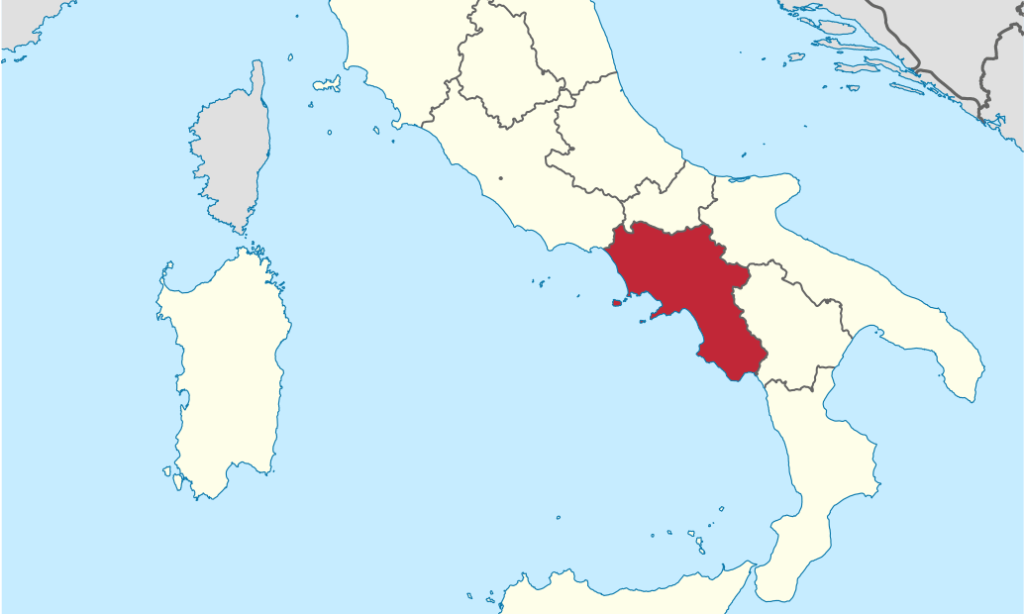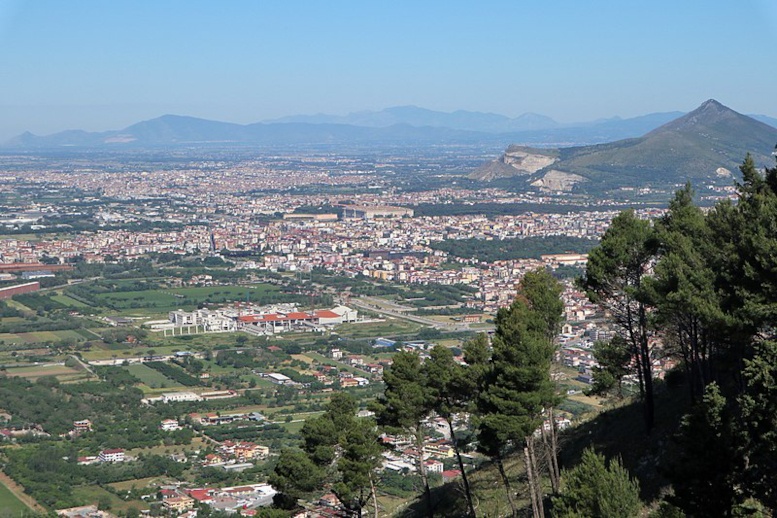Italian leaders need to understand the enormous potential of hemp and set a clear and complete regulatory framework to harvest its economic and environmental benefits, the president of a hemp cooperative urged.
Valentina Capone, president of the Canapa del Sud co-op, said the lack of clear rules hinders the natural evolution of hemp supply chains, handicapping stakeholders as they try to advance the industry.
“This negligence has caused and continues to cause enormous damage to those who, like us, have invested to create opportunities for sustainable economic and territorial development through hemp,” Capone told Canapa Industriale in a recent interview.
‘Swampy jungle’
“We, like all the operators in the hemp sector, do not feel protected or guaranteed in our work despite the fact that we are called to assume the same responsibilities and the same burdens as operators linked to other production sectors,” Capone said. “We are always forced to reformulate and remodel our corporate strategies to be able to survive in the swampy jungle in which Italian politics has confined us.”
In addition to weakness in the regulatory structure, Capone said hemp operators suffer from a limited range of marketing options, with online advertising and sponsorships for hemp products generally off-limits to producers.
Despite the unclear regulatory situation, Canapa del Sud is working to develop a model circular local agriculture system based on a short supply chain fed by local hemp fields. Most recently, the co-op has turned its attention to the hemp stalk as it continues to expand options for local producers.
Plans for stalk processing
The cooperative, a project by Hemp Farm Lab, a laboratory company that focuses on research, development and innovation, is now raising money on GoFundMe.com to develop post-harvest processing facilities for leftover plant stalks.
Canapa del Sud, which already produces hemp seed for food and flowers for extraction, wants to process hemp stems into hurd for animal litter and the hemp building industry, and fiber for industrial applications.
The cooperative embraces 25 farms with a total of roughly 50 hectares for hemp cultivation, producers and processors. The group is developing a whole-plant strategy to turn out different products, many of which can be sold in the Campania region.

Canapa del Sud comprises stakeholders in the municipalities of Avellino, Caserta, Naples and Salerno in the business of hemp seeds for the food sector and hemp flowers for the industrial sector.
Remodeling industrial processes
The initiative has an overall goal to remodel industrial processes with high environmental impact in Campania while supplying new raw materials for the production of biodegradable and environmentally friendly finished products. And, of course, to generate income for the cooperative’s members.
The project aims to capitalize on cooperation among farmers, artisanal and industrial producers to establish a steady supply of innovative, high-quality and traceable derivative products.
Canapa del Sud has worked with academics at both the University of Naples Federico II and the University of Campania on hemp market research.
Source: Canapa Industriale

